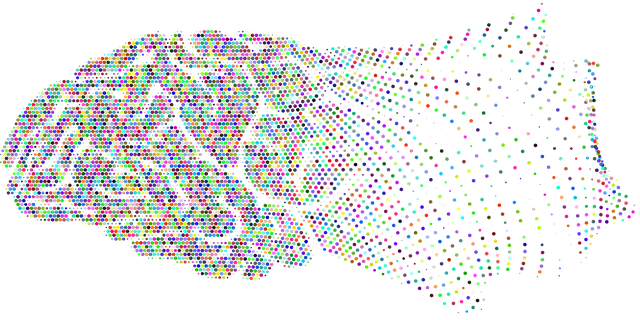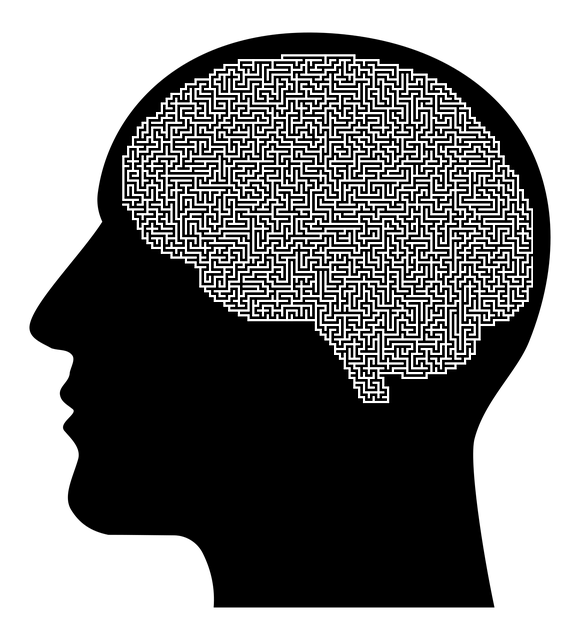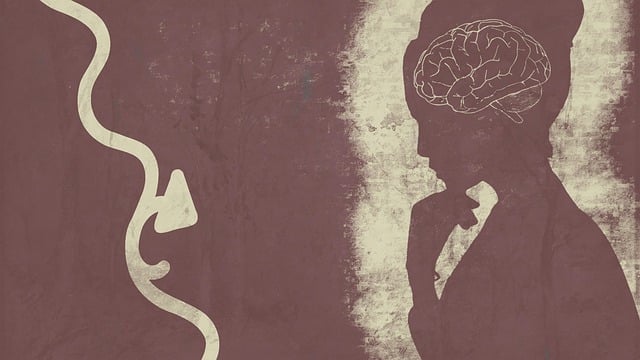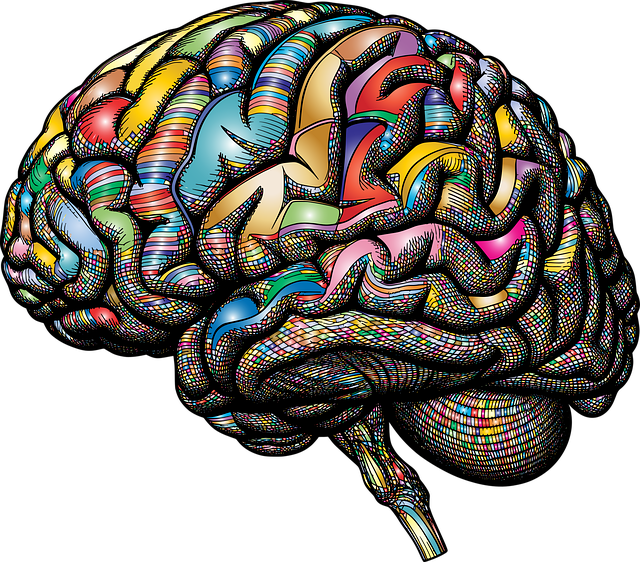Boulder Christian Counseling Therapy (BCCT) promotes mental wellness through early detection using user-friendly, evidence-based self-assessment tools that integrate CBT, mindfulness and trauma-focused approaches. Their continuous improvement process ensures accuracy and cultural sensitivity, empowering individuals to manage their mental health effectively while reducing stigma.
Mental wellness self-assessment tools play a crucial role in fostering holistic well-being. This article explores the development of such tools, focusing on Boulder Christian Counseling Therapy’s (BCCT) unique approach. We delve into understanding mental wellness and identifying the need for personalized assessments. Next, we discuss designing effective tools tailored to BCCT’s evidence-based practices. The process involves rigorous testing, refinement, and implementation strategies. By combining expert knowledge with scientific rigor, these self-assessment tools aim to enhance mental health awareness and accessibility in our community.
- Understanding Mental Wellness and the Need for Self-Assessment
- Designing Effective Tools for Boulder Christian Counseling Therapy
- Incorporating Evidence-Based Practices in Self-Assessment Development
- Testing, Refining, and Implementing the Self-Assessment Tools
Understanding Mental Wellness and the Need for Self-Assessment

Mental wellness is a holistic concept encompassing emotional, psychological, and social well-being. It’s about understanding and managing our thoughts, feelings, and behaviors to lead fulfilling lives. In today’s fast-paced world, where stress and anxiety are prevalent, recognizing and prioritizing mental health has become more critical than ever. This is where self-assessment tools play a pivotal role. They provide individuals with a means to gain valuable insights into their mental wellness status and offer a starting point for proactive care.
At Boulder Christian Counseling Therapy, we believe that early detection and intervention are key to preventing issues like depression and fostering coping skills development. Self-assessment tools can help individuals identify areas of concern, such as persistent feelings of sadness or anxiety, changes in sleep patterns, or challenges in day-to-day functioning. By encouraging self-reflection, these tools enable people to take charge of their mental wellness journey. Moreover, they often serve as a foundation for effective stress reduction methods, empowering individuals to navigate life’s challenges with greater resilience.
Designing Effective Tools for Boulder Christian Counseling Therapy

Boulder Christian Counseling Therapy (BCCT) aims to provide accessible and effective mental wellness self-assessment tools tailored to the unique needs of its community. These tools must be user-friendly, evidence-based, and culturally sensitive, reflecting BCCT’s commitment to inclusive care.
In designing such instruments, a comprehensive approach is essential. It involves integrating established risk assessment frameworks for mental health professionals while incorporating insights from the ever-evolving field of mental wellness podcast series production. The goal is to create an interactive experience that encourages self-reflection and promotes healthy mood management strategies. By combining these elements, BCCT strives to develop robust self-assessment tools capable of empowering individuals on their journey towards improved mental wellness.
Incorporating Evidence-Based Practices in Self-Assessment Development

Incorporating evidence-based practices is paramount when developing self-assessment tools for mental wellness. These practices, backed by rigorous research, ensure that the assessments are effective and reliable in evaluating an individual’s psychological state. By integrating strategies such as cognitive-behavioral therapy (CBT), mindfulness techniques, and trauma-focused approaches, the self-assessments can offer valuable insights into common mental health concerns like anxiety, depression, and post-traumatic stress disorder (PTSD). For instance, Boulder Christian Counseling Therapy has successfully employed CBT to enhance self-assessment accuracy by identifying negative thought patterns.
This approach not only improves diagnosis but also fosters a sense of empowerment among users. Additionally, incorporating evidence-based practices can contribute to mental illness stigma reduction efforts by promoting understanding and normalizing conversations around mental health. Moreover, trauma support services can be integrated into the assessment process, enabling individuals to access personalized resources tailored to their unique needs.
Testing, Refining, and Implementing the Self-Assessment Tools

After initial development, testing becomes a crucial step in refining the mental wellness self-assessment tools. At Boulder Christian Counseling Therapy, we employ a multi-faceted approach to ensure their effectiveness. This involves administering the tools to a diverse range of individuals and gathering feedback from both users and therapists. The data collected helps identify any potential biases, unclear questions, or areas where interpretation might be ambiguous. By carefully analyzing this feedback, our team can make informed adjustments to enhance the precision and usability of the assessments.
Once testing is complete, the next phase involves refining the tools based on the gathered insights. We may revise question phrasing for clarity, add or remove items to better capture specific aspects of mental wellness, and integrate Empathy Building Strategies or Self-Awareness Exercises where appropriate. The goal is to create a user-friendly experience that not only accurately assesses an individual’s mental health but also promotes self-reflection and growth based on Mind Over Matter principles. This continuous improvement process ensures our self-assessment tools remain relevant, reliable, and beneficial for those seeking support at Boulder Christian Counseling Therapy.
The development of mental wellness self-assessment tools tailored for Boulder Christian Counseling Therapy (BCCT) marks a significant step forward in promoting holistic well-being. By integrating evidence-based practices and a deep understanding of mental health, these tools offer individuals a means to proactively assess and address their psychological needs. Through rigorous testing and continuous refinement, BCCT’s self-assessment resources aim to enhance access to mental wellness support, empowering folks to take charge of their mental health journey.














